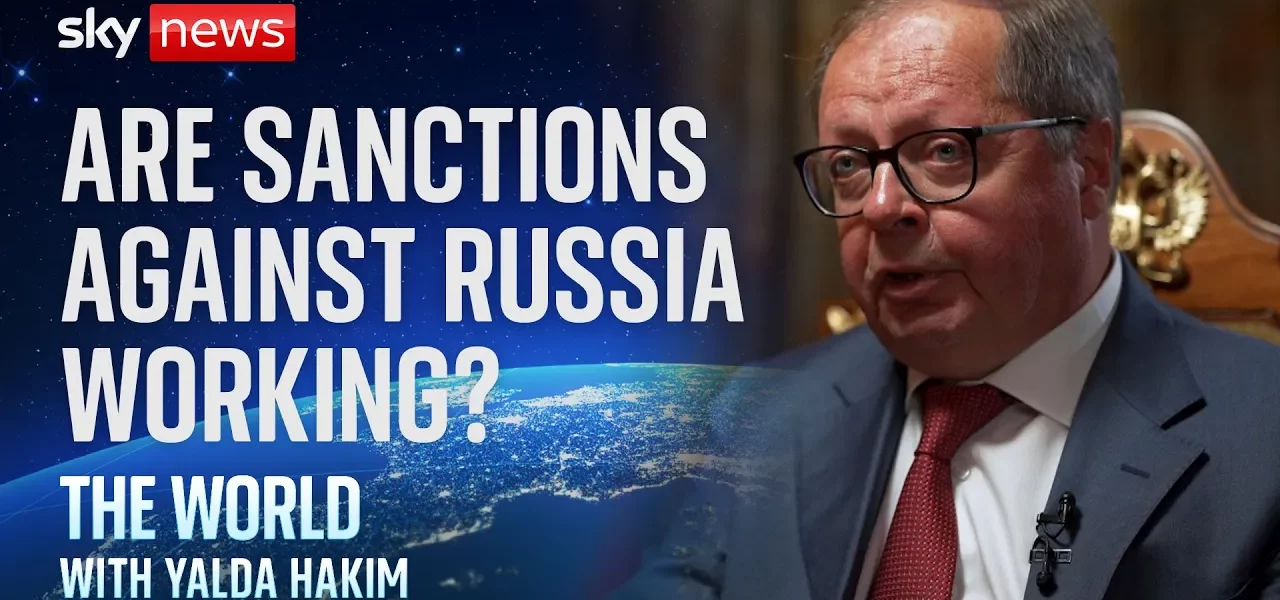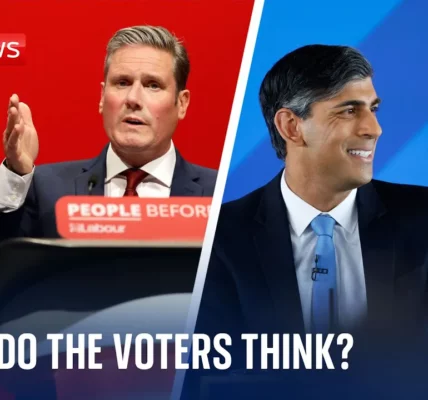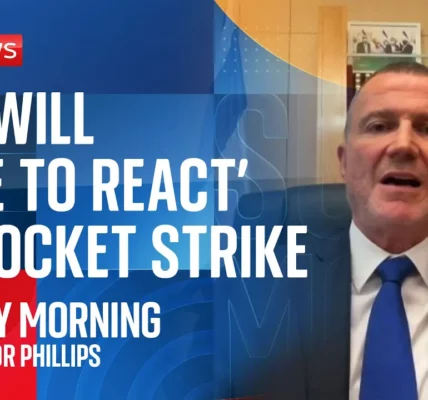Current Tensions in Russia-UK Relations: An Interview with the Ambassador

The relationship between Russia and the UK has significantly deteriorated over the past few years, culminating in a backdrop of sanctions, diplomatic expulsions, and allegations of espionage. In this detailed analysis, we explore the insights from the Russian Ambassador regarding the complexities of these relations, the historical context, and the potential future of diplomacy between the two nations.
Introduction to Russia-UK Relations
The diplomatic landscape between Russia and the UK has been tumultuous, particularly following the events of 2022. With a history extending over 90 years, the relationship has faced unprecedented challenges, exacerbated by geopolitical tensions and conflicting narratives surrounding the Ukraine conflict. The Ambassador’s perspective sheds light on the underlying issues, the pandemic’s impact, and the long-standing ties that have been strained in recent years.
The Impact of the Pandemic on Diplomatic Relations
During the first two years of the pandemic, diplomatic engagements were severely limited. The Ambassador noted that more than four years of his tenure were marked by ineffective communication largely due to COVID-19 restrictions. However, by the end of 2021, there was a hopeful resurgence in various sectors, including trade and science, that provided a glimpse of potential collaboration.
Escalation of Tensions Post-February 2022
The situation escalated dramatically after February 2022, with the Ambassador highlighting that significant strides made in trade and diplomatic relations were abruptly undermined. The narrative surrounding Russia’s actions in Ukraine has predominantly framed the country as the aggressor, leading to a drastic decline in relations that had previously been mutually beneficial.
Key Factors Contributing to the Breakdown
- Expulsion of diplomatic staff, including military attaches.
- Allegations of espionage and the use of diplomatic premises for spying.
- Sanctions imposed by the UK and its allies in response to the Ukraine conflict.
Allegations of Espionage and Diplomatic Expulsions
The expulsion of Russia’s defense attache from the UK has been a particularly contentious issue. The Ambassador described the allegations as unfounded, asserting that one individual could not be responsible for the broader diplomatic fallout. This incident exemplifies how quickly diplomatic relations can sour over perceived threats and the subsequent responses from both nations.
Diplomatic Norms and Their Violations
Historically, diplomatic immunity has been a cornerstone of international relations. The recent actions taken by the UK government have raised questions about the respect for these norms, and the Ambassador expressed concerns over the long-term implications for diplomatic relations. He emphasized that such measures are damaging and may provoke retaliatory actions.
Sanctions and Economic Consequences
Sanctions have become a primary tool for the UK and its allies to exert pressure on Russia. Despite these efforts, the Ambassador argued that the impact on the Russian economy has been minimal, citing a GDP growth of 3.6% in the past year as evidence of resilience against sanctions.
Responses to Sanctions
The Russian government has adapted to sanctions through various means, including:
- Restructuring industries to mitigate the impact of sanctions.
- Increasing trade with countries outside the West, particularly in Asia.
- Utilizing alternative financial systems to bypass restrictions.
Election Interference Allegations
Accusations of election interference have been a recurrent theme in discussions about Russia’s activities in Western countries. The Ambassador dismissed these claims as politically motivated attempts to shift focus away from domestic issues faced by the UK, particularly the declining support for the Conservative government.
Political Dynamics in the UK
As political parties grapple with their electoral strategies, the Ambassador suggested that the narratives surrounding Russian interference are often exaggerated to distract from the government’s shortcomings. The focus on external threats can be a convenient way to unify the electorate against a common enemy.
Future Prospects for Russia-UK Relations
The Ambassador remains cautiously optimistic about the potential for future dialogue, emphasizing the need for a realistic approach from the UK and a willingness to engage in constructive discussions. He believes that establishing a new security framework in Europe is essential for overcoming current tensions.
Potential Areas for Cooperation
- Addressing mutual security concerns in Europe.
- Reestablishing trade relations that benefit both nations.
- Engaging in discussions on global challenges, such as climate change and terrorism.
Conclusion: The Path Ahead
The interview with the Ambassador highlights the complexities of Russia-UK relations amid ongoing geopolitical tensions. The historical context, combined with recent events, underscores the fragility of diplomacy in an increasingly polarized world. As the situation evolves, it is crucial for both nations to seek common ground and engage in dialogue that prioritizes mutual interests over confrontation.
For further insights into international relations and the ongoing impact of sanctions on global diplomacy, consider reading our related articles on the impact of sanctions and international relations dynamics.
“`




